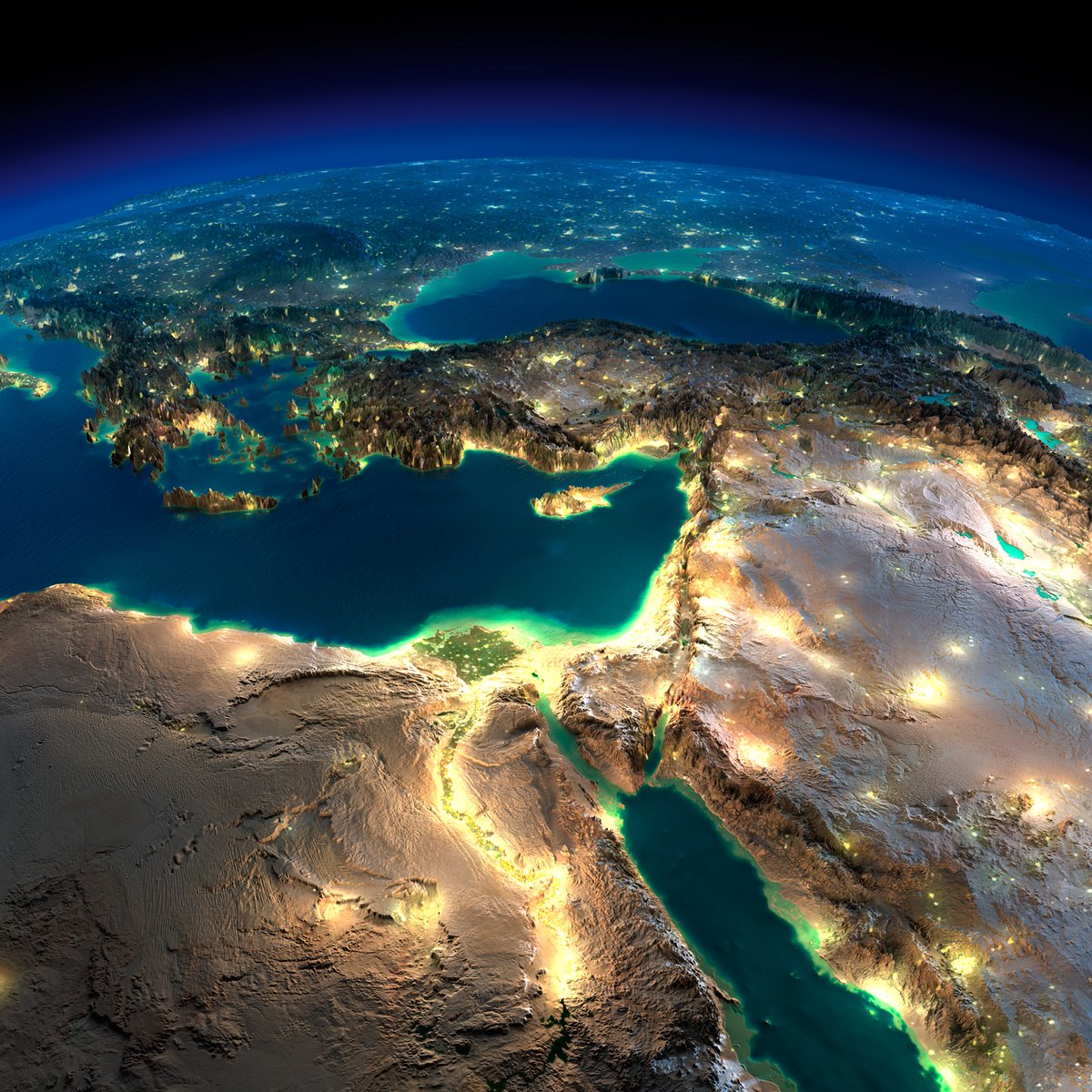Tonight we commemorate the 80th anniversary of #Kristallnacht, the “night of broken glass”.
That night, 9 November 1938, Nazi fury broke out against Jews throughout Germany and Austria — 92 were killed; 30,000 were seized and sent to concentration camps; 7,500 Jewish businesses were set on fire and destroyed.
It was the most ominous sign of what was to come.
It was the most ominous sign of what was to come.
But it had another dimension no less terrifying: 267 synagogues were burnt. Thousands of Torah scrolls, Judaism’s most sacred objects, were desecrated and thrown into the flames. Suddenly it became clear that the Nazis were intent not only on killing Jews.
They sought to kill Judaism itself.
They failed. The Jewish people, tiny, vulnerable, lacerated, having stood face to face with the angel of death, still survives, and prays, and gives thanks to God.
Somehow, Judaism outlives every attempt to destroy it.
They failed. The Jewish people, tiny, vulnerable, lacerated, having stood face to face with the angel of death, still survives, and prays, and gives thanks to God.
Somehow, Judaism outlives every attempt to destroy it.
Its symbol is not the fierce fire that burns synagogues and sacred scrolls and murdered lives. It is the fragile flame we, together with our children and grandchildren, light in our homes throughout the year and every week for Shabbat, singing God’s story, sustained by our hope.
We will never forget those who died in the Holocaust, and we will never stop being who we are and living our faith with pride.
Wishing you all a #ShabbatShalom.
Wishing you all a #ShabbatShalom.
• • •
Missing some Tweet in this thread? You can try to
force a refresh









